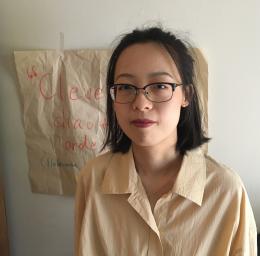Visual Culture and Technology
Undergraduate Course, N/A, 2024
In today’s digitally driven world, images permeate every aspect of our lives. But what defines an image, and what power lies within visuality and the act of seeing? In this seminar, we will explore the relationship between visual culture, technology, and society, examining theories and histories surrounding visual culture and technology, and contextualizing these inquiries within contemporary society. Throughout this course, we will unravel the symbolic, material, and representational aspects of images, discussing topics such as image reproduction, spectacle and modernity, surveillance technologies, imaging technologies, feminist narratives, and alternative modes of resistance.
